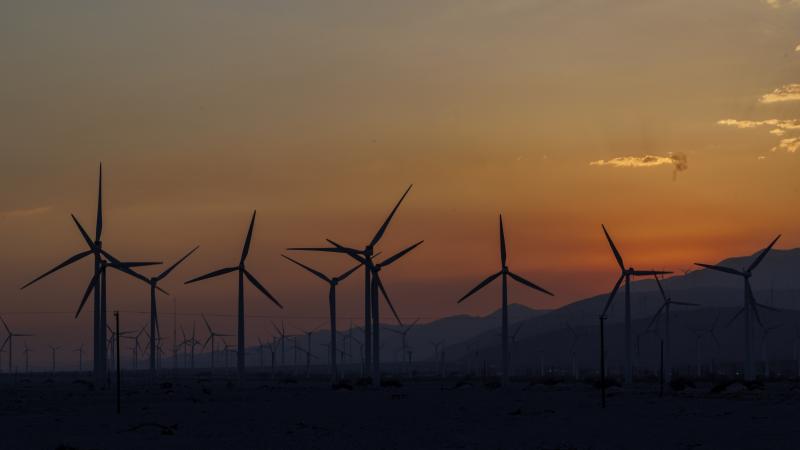Growth of AI could lead to the industry consuming as much electricity as a small nation
Innovation might reduce energy demands of AI in the future, but so far, history shows that new but inefficient technologies often increase energy demands.
A new study in the scientific journal Joule finds that the growth of artificial intelligence (AI) could result in a large increase in electricity demand.
Under an extreme scenario, Just The News analysis shows that a single Google search fully utilizing AI could consume more electricity than the nation of Iceland. Iceland consumed just over 19 terawatt hours of electricity in 2021, and Ireland consumed more than 33 terawatt hours.
If Google were to incorporate AI similar to ChatGPT into every Google search, it would require, according to the Joule study, over 4 million complex processing chips. That would demand a daily electricity consumption of 80 gigawatt hours, or 29.2 terawatt hours per year. A separate analysis cited in the study estimated an annual consumption of 22.8 terawatt hours under the same scenario.
The growth of the AI industry has led to exponential growth in the demand for AI chips. Chip manufacturer NVIDIA saw revenue in its data center business rise 141% in the second quarter of this year. According to Reuters, analysts expect the company’s revenues to grow, driven by the company’s edge in AI chips and related technologies.
The study’s authors note that these extreme scenarios are likely to be mitigated as the technologies evolve. Innovation in model architectures and algorithms would likely reduce electricity consumption in the long term. Already, some newer AI models perform more while using less electricity.
However, the growth of AI, the authors explain, could run into what’s called the "Jevon’s Paradox." Increased efficiency results in increased demand, so ultimately there’s an increase in the use of a resource.
Science Daily reports that "By 2027, worldwide AI-related electricity consumption could increase by 85 to 134 TWh annually based on the projection of AI server production. The amount is comparable to the annual electricity consumption of countries such as the Netherlands, Argentina, and Sweden."
The publication also quoted Alex de Vries, a Ph.D. candidate at Vrije Universiteit Amsterdam and an expert in computer technology, opining that "The potential growth highlights that we need to be very mindful about what we use AI for. It's energy intensive, so we don't want to put it in all kinds of things where we don't actually need it."
The Facts Inside Our Reporter's Notebook
Links
- Chip manufacturer NVIDIA
- study
- rise
- "Jevon’s Paradox."
- Science Daily reports













